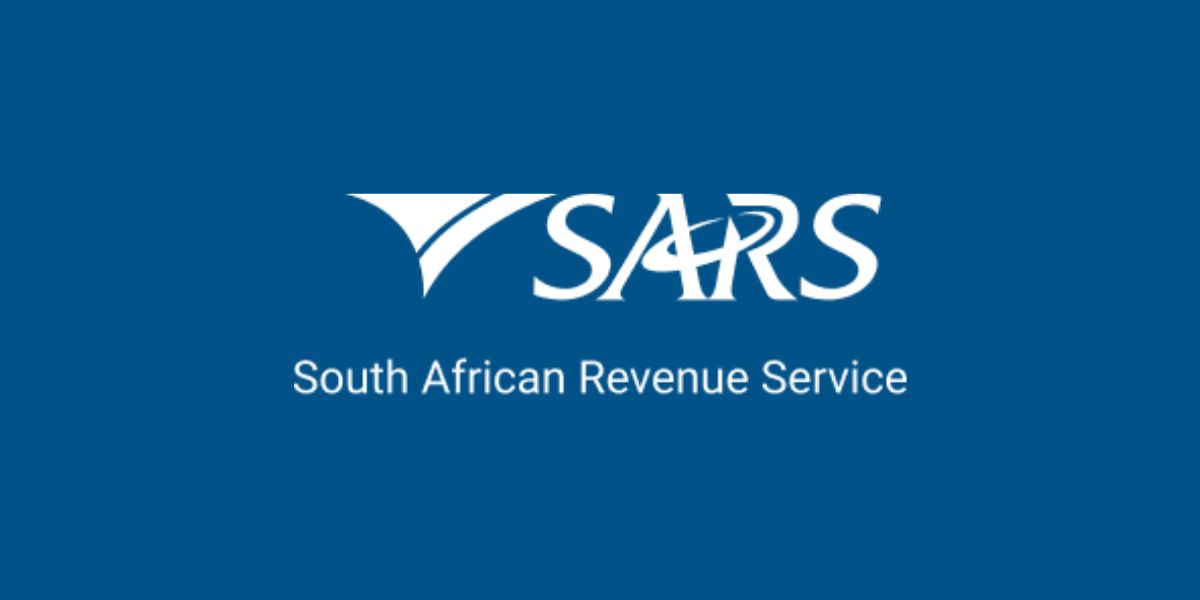On 21 February 2024, Enoch Godongwana, South Africa’s Minister of Finance announced the budget 2024. Key tax highlights from the 2024 budget following:
Enforcing the global minimum corporate tax:
The OECD/G20 Inclusive Framework on Base Erosion and Profit Shifting introduces a global minimum tax rate, affecting multinationals earning over €750 million. They are mandated to pay a minimum effective tax rate of 15%, regardless of profit location. South Africa plans to implement two measures from 1 January 2024, to enforce this change: the income inclusion rule, imposing a top-up tax on profits from South African multinationals in countries with a sub-15% tax rate, and the domestic minimum top-up tax, enabling SARS to collect an additional tax from qualifying multinationals paying less than 15% in South Africa.
Tax incentive for learnerships: The section 12H learnership incentive aims to bolster workplace education, skills development, and employment. The deduction’s sunset date will be prolonged by three years, now set to expire on March 31, 2027. During this period, a comprehensive evaluation of the incentive will be conducted to determine its future trajectory.
Rules limiting interest deductions: Existing regulations restrict interest deductions when a debtor-creditor relationship exists, particularly when the corresponding interest income is not entirely taxed. This situation can create inequities for tax-exempt investors, including pension funds. The government is actively exploring potential adjustments to address this issue, with a focus on potential amendments in the 2024 Tax Laws Amendment Bill.
Restricting interest deductions for reorganization and acquisition transactions: The proposal suggests a review of the definition of “adjusted taxable income” and the formula utilized to restrict an interest deduction in section 23N of the Income Tax Act. This review aims to bring closer alignment with the alterations made to the definition of adjusted taxable income and the formula applied to the interest limitation rules concerning debts owed to individuals not subjected to tax in section 23M.
Timeframe for claiming input tax deductions: To simplify the administrative processes for both taxpayers and SARS, there is a proposal to amend the VAT Act concerning the tax period in which previously unclaimed input tax credits can be asserted. Additionally, to facilitate audit procedures and provide clarity in filing returns, it is suggested to amend the VAT Act, explicitly stating that these deductions should be claimed in the initial period when the entitlement to the deduction originated.














